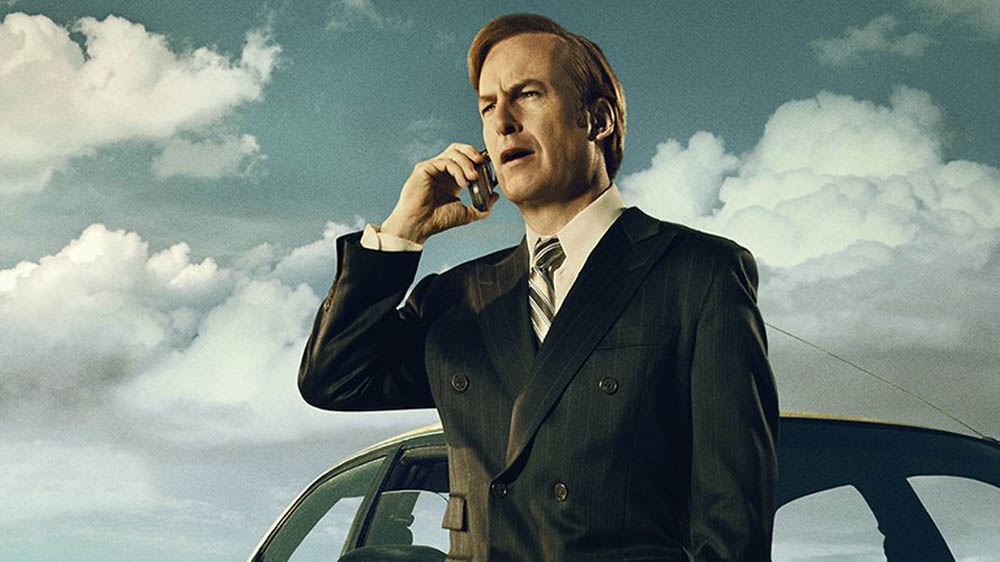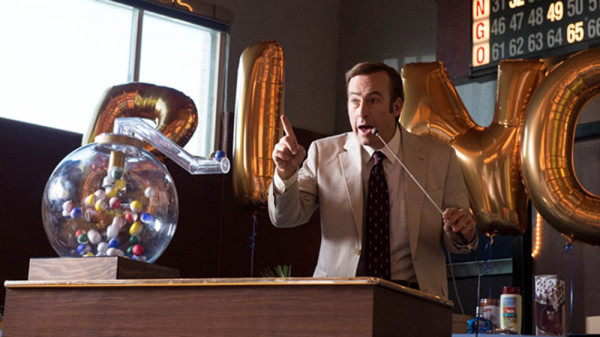If you are a fan of Better Call Saul, you will no doubt have enjoyed the quite brilliant bingo scene where Saul Goodman has something of an epiphany while calling numbers at an old folks’ home.
While the scene is funny and extremely energetic, however, it does portray an age-old bingo stereotype that becomes less relevant with every year.
Of course, Better Call Saul is not alone in perpetuating this great misconception. After all, bingo has appeared in numerous film and television narratives in recent times, from the animated hit Hotel Transylvania to Larry David’s quite brilliant (and recently renewed) comedy vehicle Curb your Enthusiasm. Regardless of the context, quality or nature of the scenes involved, however, bingo is continually portrayed as a land-based game that is dominated by older women.
This perception is wrong on every level. Firstly, recent studies suggest that the age of the average bingo player in the UK has dropped dramatically in the digital age, with an estimated 90% of all participants now aged 50 or under. Additionally, we have seen a huge rise in the number of male players, as brands continue to trade on the masculine heritage of the game (it was played almost exclusively by men when it first originated in the sixteenth century) to expand their consumer bases.

Above all else, however, modern bingo portrayals hardly ever seem to feature online and mobile gameplay. This is a huge oversight, with online bingo now more popular than the land-based alternative and almost single-handedly responsible for the emergence of a younger and more gender-neutral playing demographic. Mobile bingo games from such brands as MadAboutBingo are arguably set to become even more seminal in the coming years, with an estimated 100 million individuals expected to gamble through their smartphone or tablet by 2018.
Will Popular Culture ever catch-up with the Latest Bingo Trends?
With even cutting edge films and television series’ failing to capture the contemporary essence of bingo, it will interesting to see if popular culture ever truly catches up with the latest gameplay trends. In truth it may be something that creatives look to avoid, as they instead choose to paint bingo in a cosier and more traditional light which drives conventional social interaction.
In time, however, there is no doubt that popular television and film writers will need to reconsider their perception of bingo and present it in a more relevant light. Otherwise, they will run the considerable risk of becoming outdated and losing touch with their bingo-loving audience.

